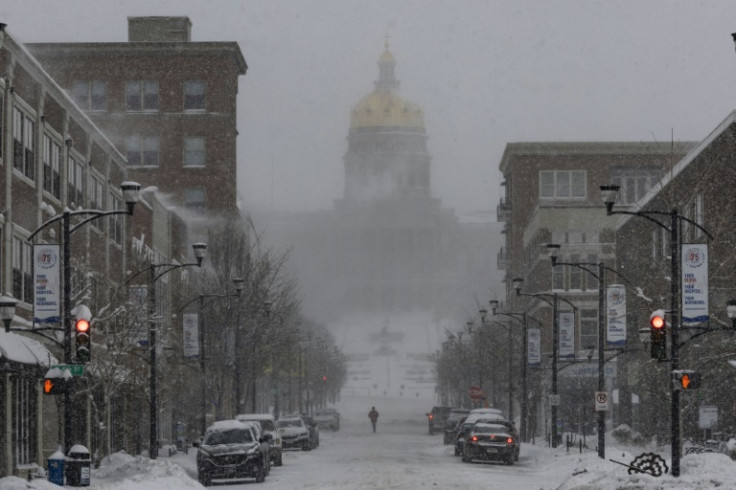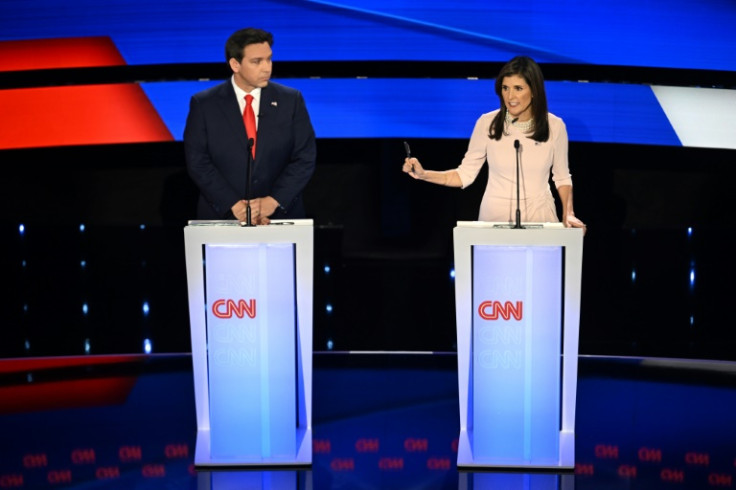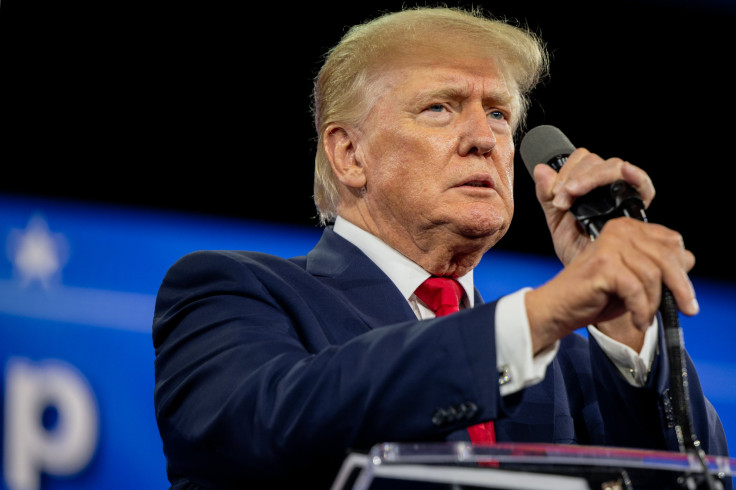
NEW YORK CITY - Republican candidates are set to take the stage on Monday for the Iowa Caucus, an American tradition that marks the beginning of the presidential election season. While tensions and divides are running high within the party, one question remains present: what about Latino voters from the state?
The Iowa Caucus, as it is known today, was first held in the 60s. Since then, it has become a staple of American politics, giving increased media attention and a boost in polls to the candidate that leads the event.
Traditionally, this caucus is the first to be held in the season, followed by New Hampshire and South Carolina. This year, Democrats have changed the process by delaying the caucus and voting by mail, with the winners announced at a later date.
While the Iowa event is one of the most talked about as the election year begins, there is a lesser known gathering that also usually takes place— the Iowa Brown and Black Presidential Forum.
Created by Black activists Wayne Ford and Latina activist Mary Campos, the forum usually focuses on issues of national significance, such as crime, education and the economy, while giving presidential candidates the chance to tailor their messages specifically to communities of color. In a state with such a dense white population such as Iowa, events of this nature are rare yet meaningful.
The forum has taken place in Iowa nearly as long as the main caucus has taken place. Until this year.

Nearly every Republican candidate has rejected an offer to participate in the event, which has led to its cancellation. Ford told NBC News he is surprised at the lack of participation, given the GOP optimism at changing and improving the party's performance with voters of color in 2024.
"We've reached out to the Republican Party— whether it was Bush, Reagan, it didn't matter. We always reached out to both parties," Ford said. "Over the years, we started recognizing that Republicans were not coming but Democrats were. I'm disappointed that as of today, we still have not done a Republican forum from the presidential level."
Ford explains that the forum was mostly attended by Democrat candidates. From President Joe Biden, to former President Barack Obama and Hillary Clinton, the forum has served as an opportunity for Latino voters to connect with these politicians.
But despite the primarily blue-candidate attendees in the past, the absence of Republican candidates in 2024 comes as a surprise, given that recent reports show that Black and Latino voter support, groups traditionally supportive of Democrats, are up for grabs in the 2024 general election.

There has been a small shift among Black and Latino voters, particularly among men, to a more conservative side from 2016 and 2020. In the last presidential election, while Biden carried Latino votes nationally, it was by a much smaller margin than democrats enjoyed in other elections.
"We have to go after the people in the middle," said Christopher Garcia, an Iowa resident who plans on caucusing for DeSantis. "The independents, the Blacks and Hispanics that are falling away from Biden right now. That's the people we're gonna have to go after."

The Brown and Black Presidential Forum is not the only attempt at including Latinos in this process.
West Liberty, Iowa, is a rural community that was the first in the state to elect a majority-Latino city council. They have not seen any specific correspondence from any of the parties directed at minorities, Cara McFerren, a member of the West City Liberty Council said.
"Most of the candidates I see that make actual stops in town tend to be from the Democratic Party; while the Republican candidates tend to rally in more metropolitan neighboring cities that like to draw in larger crowds," McFerren said.
Most of the efforts to include Latinos in this caucus come from grassroots initiatives. In 2020, Venezuelan interpreter Venssa Marcano-Kelly petitioned and organized a Latino-oriented caucus site with other interpreters to endorse the Democratic Party.
"I see Latinos everywhere," Marcano-Kelly said in an interview back in 2020. While "el caucus" as the Spanish-oriented event became known around the community was deemed successful, it is unclear if another event of this nature will be taking place for the 2024 cycle.
Despite being known as one of the "whitest states" in the country, Latino population in Iowa has grown nearly 162 percent between 2000 and 2020. Today, they are the largest minority group in the state, making up roughly 7 percent of its population.
© 2025 Latin Times. All rights reserved. Do not reproduce without permission.





